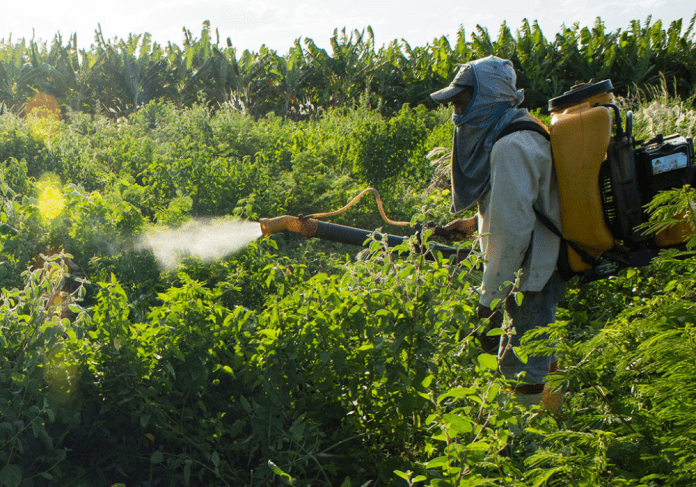Chemicals banned in Europe because of their potential health risks have been discovered in use on farms in Brazil. In a news report citing an investigation by by Lighthouse Reports and Repórter Brasil, giant chemical manufacturers Syngenta, BASF, and Bayer, were fingered.
These companies produce pesticides and fungicides that contain ingredients like epoxiconazole, cyproconazole, fipronil and triflumuron, which are all banned in the EU. Yet, they were able to ship millions of pounds worth of products containing them to Brazil.
The South American country’s role in global agricultural products export makes the news even more concerning. Besides being on its way to topple US as the no. 1 grain exporter, it is already the top exporter of coffee, soybeans, beef, and crop-based ethanol. No wonder it is nicknamed the ‘breadbasket of the world’.
Also, Nestlé, which makes everything from baby food to cereals and chocolates, heavily depends on Brazilian farms for its raw materials.
European health authorities have linked some of the banned chemicals to diseases like cancer, neurodegenerative diseases, reproduction issues, and more.
In documents obtained from the Brazilian agriculture ministry, at least two large sugar plantations, one which is owned by Copersucar, were sprayed with a BASF fungicide based on epoxiconazole. Another farm had been sprayed with a fungicide that contained cyproconazole. Other banned chemicals found in use include the insecticides Regent 800WG and Certero, made by BASF and Bayer, respectively.
Banned Chemicals will continue to feed us
Clearly, while the banned chemicals could not be used in the EU, it does not stop their export to other countries. It is also what CropLife International, which represent giant agric-chemical companies, said in defense of its clients. Meanwhile, the companies themselves argue that their chemicals are safe for humans and the environment.
The named Brazilian farms have not gone contrary to the laws of the region they operate in. And Nestle, has said that it works with suppliers who follow the laws of their land.
Regulating agricultural chemical usage is a bit tricky because of sustainability. There are not enough substitutes for the chemicals yet and agricultural activities have to continue to put off world hunger. So, agric-chemical companies will continue to profit off chemicals banned in the EU, until something concrete is done.



